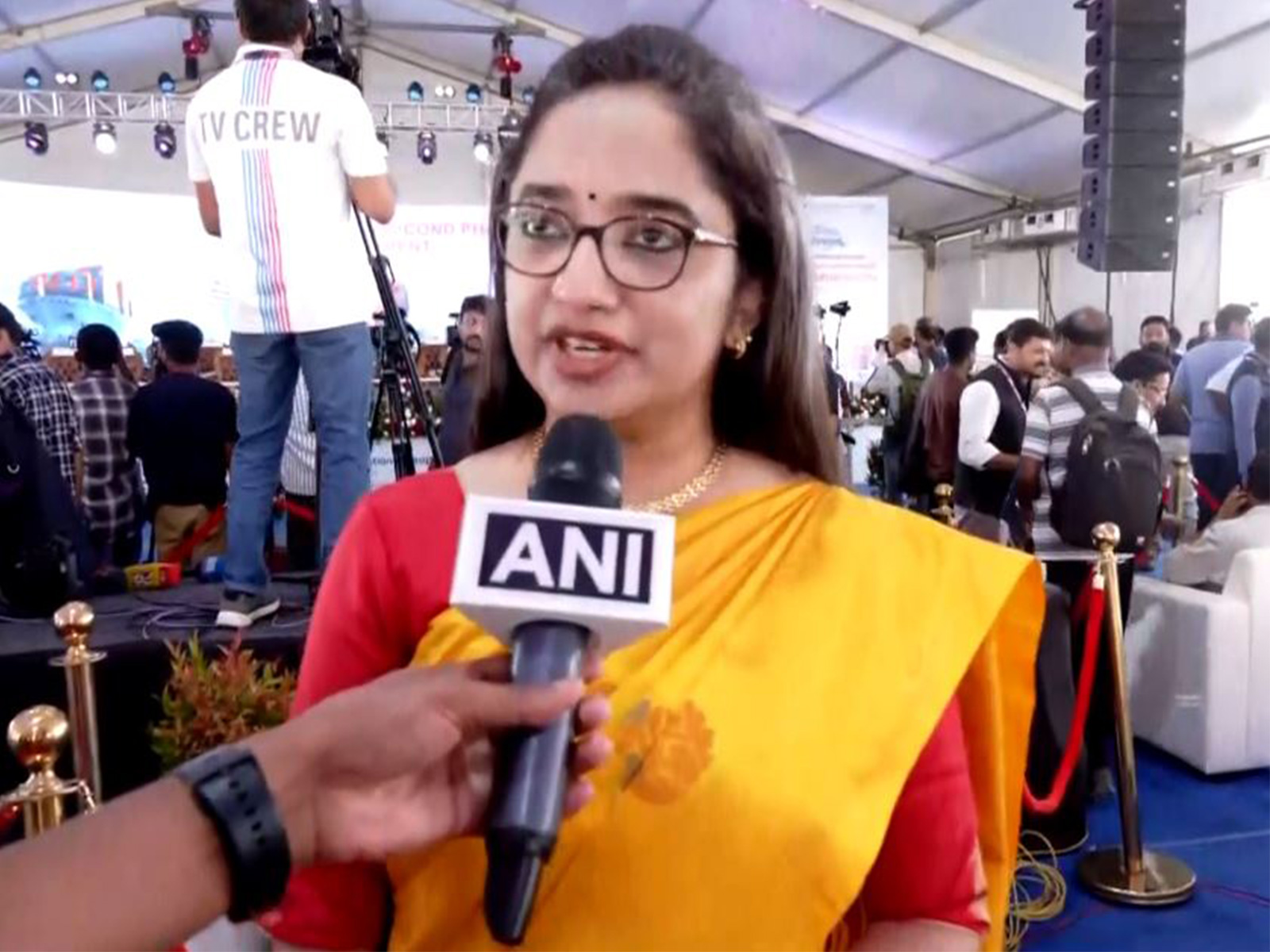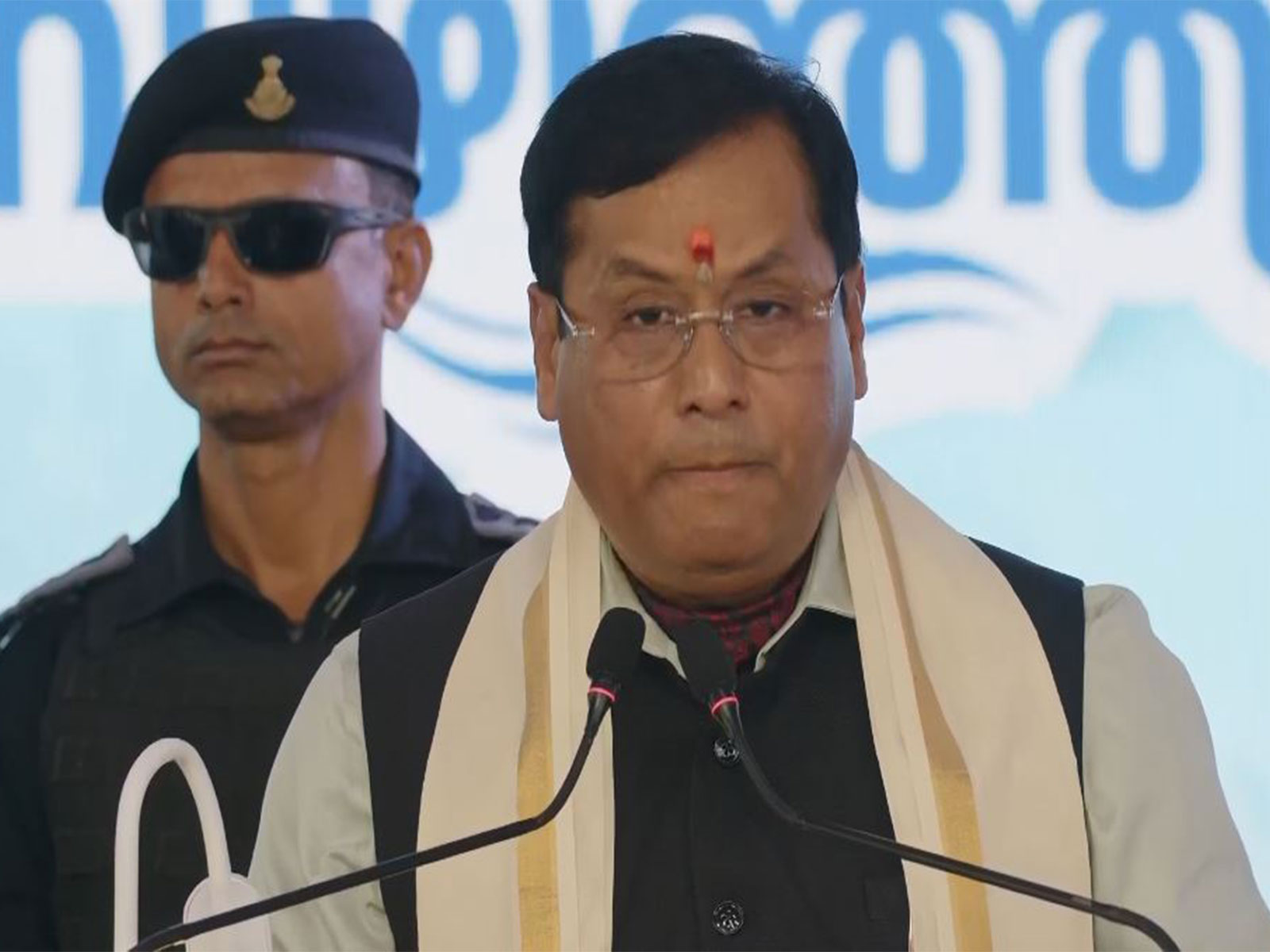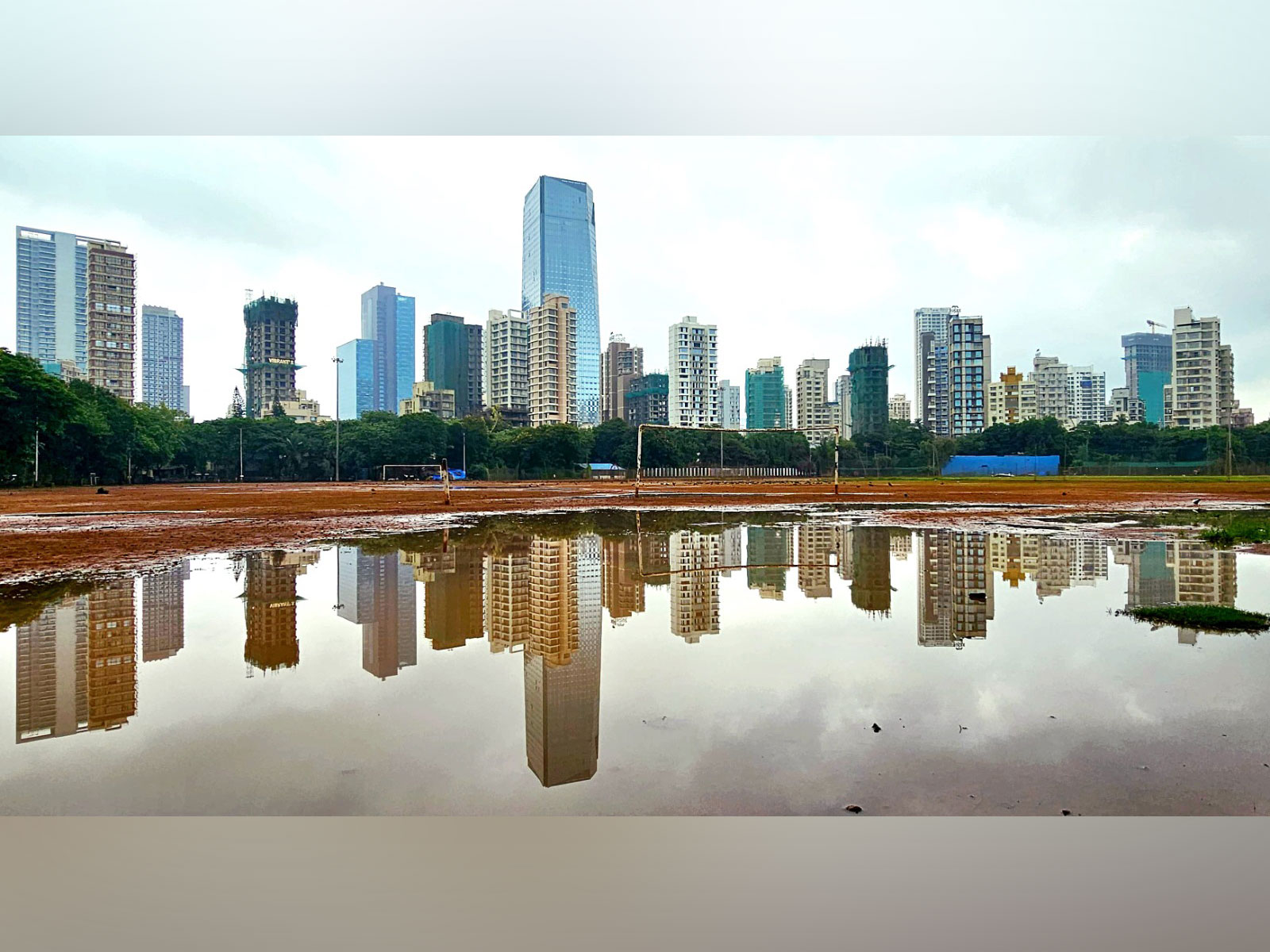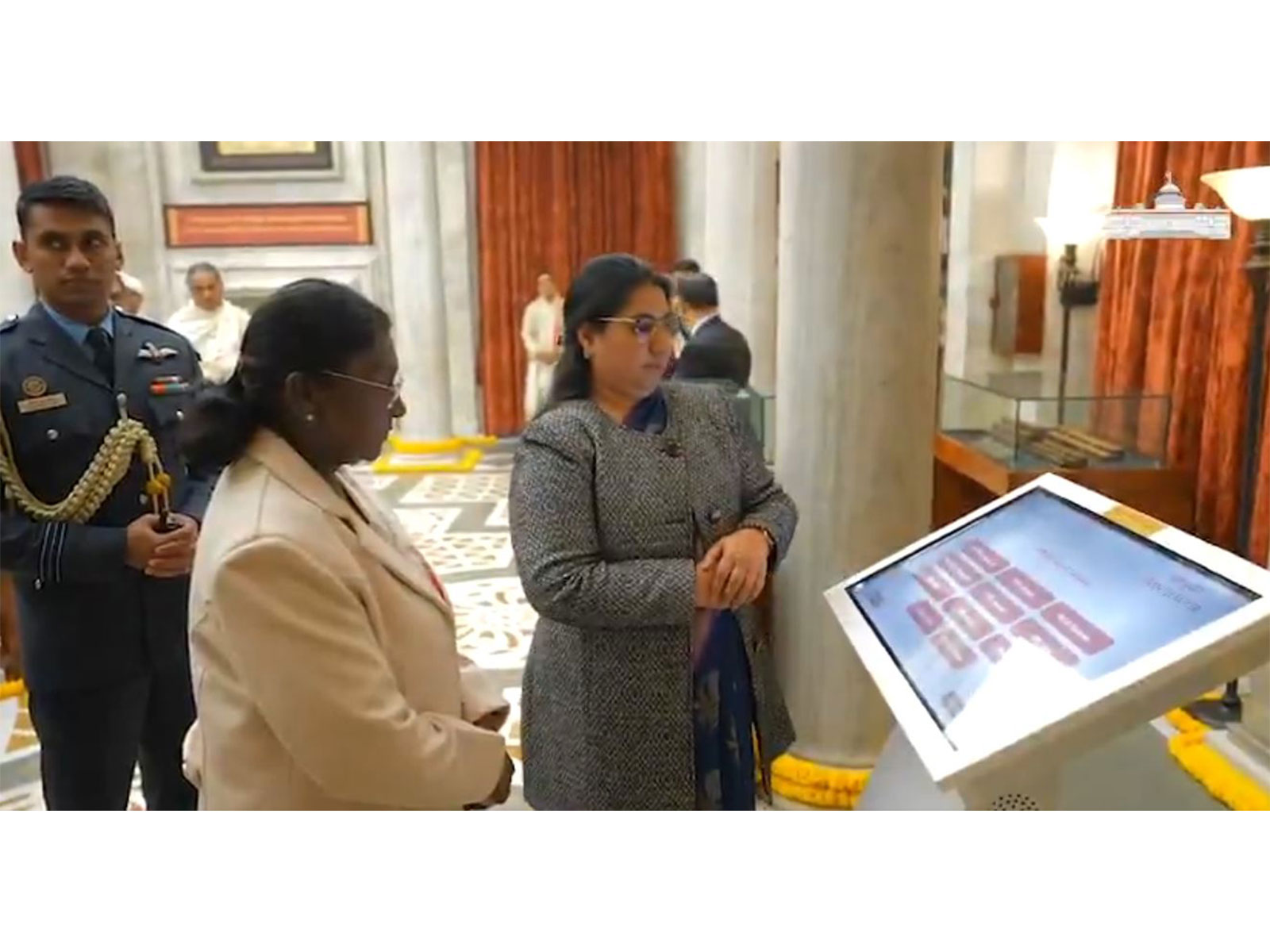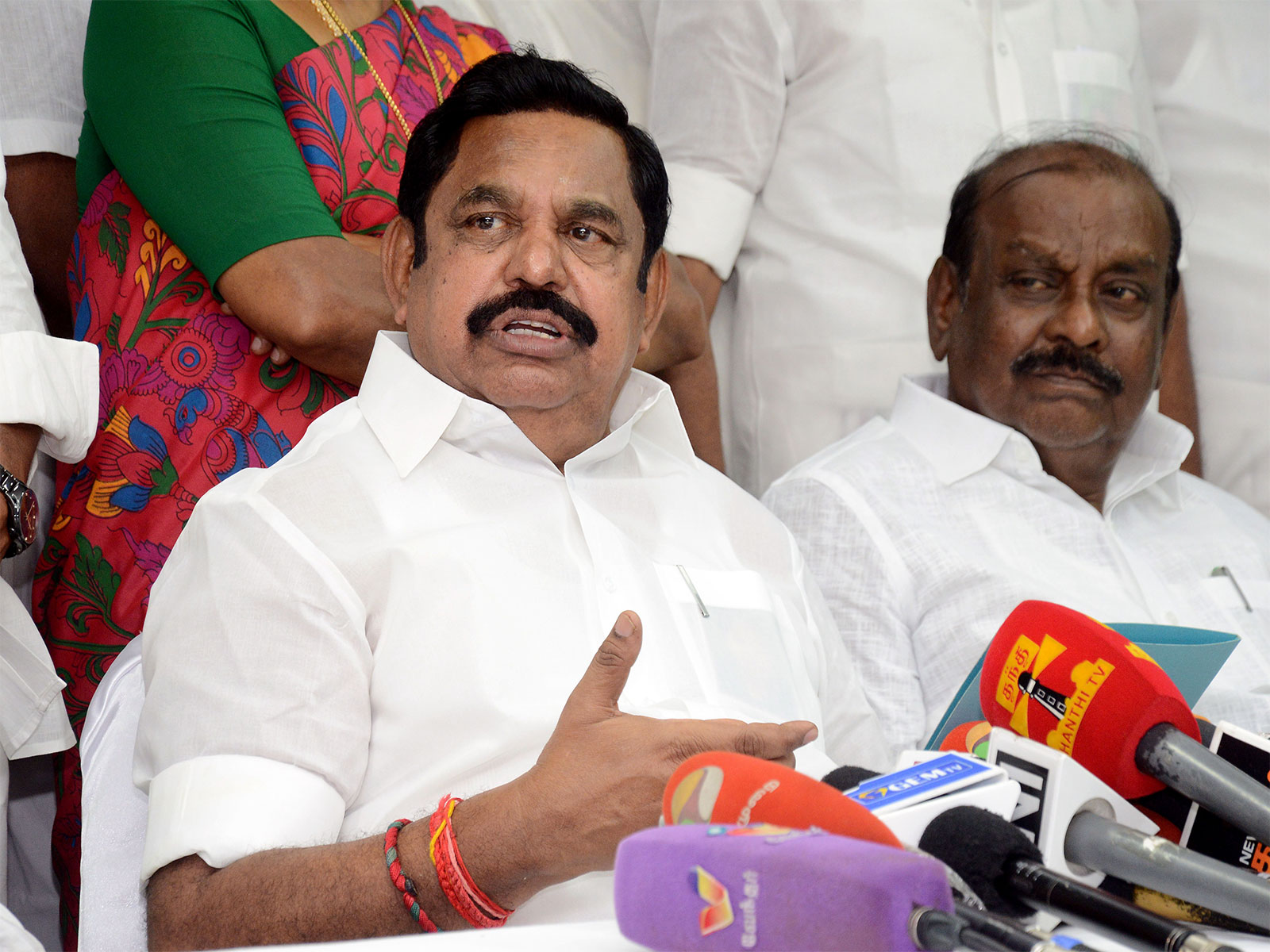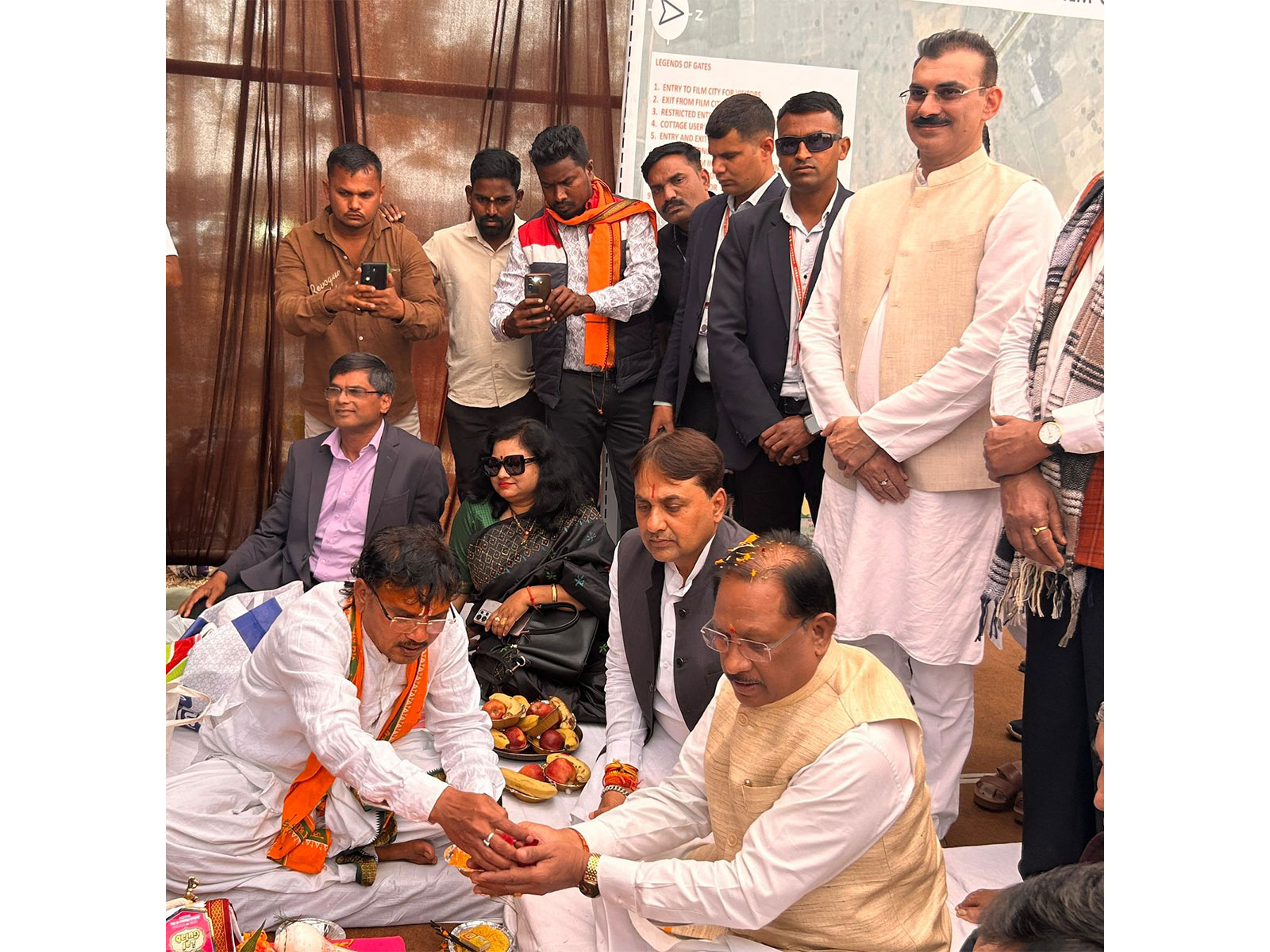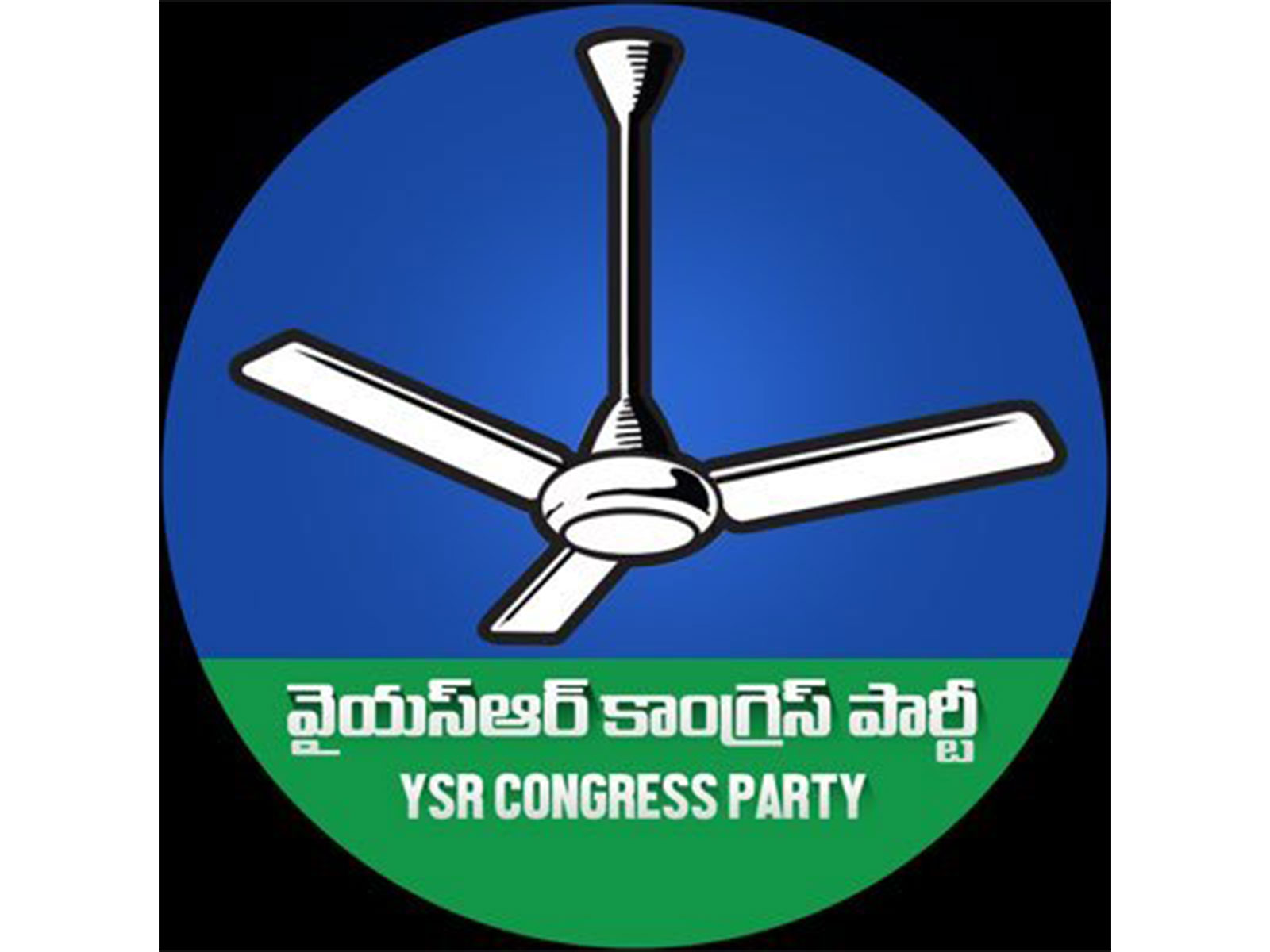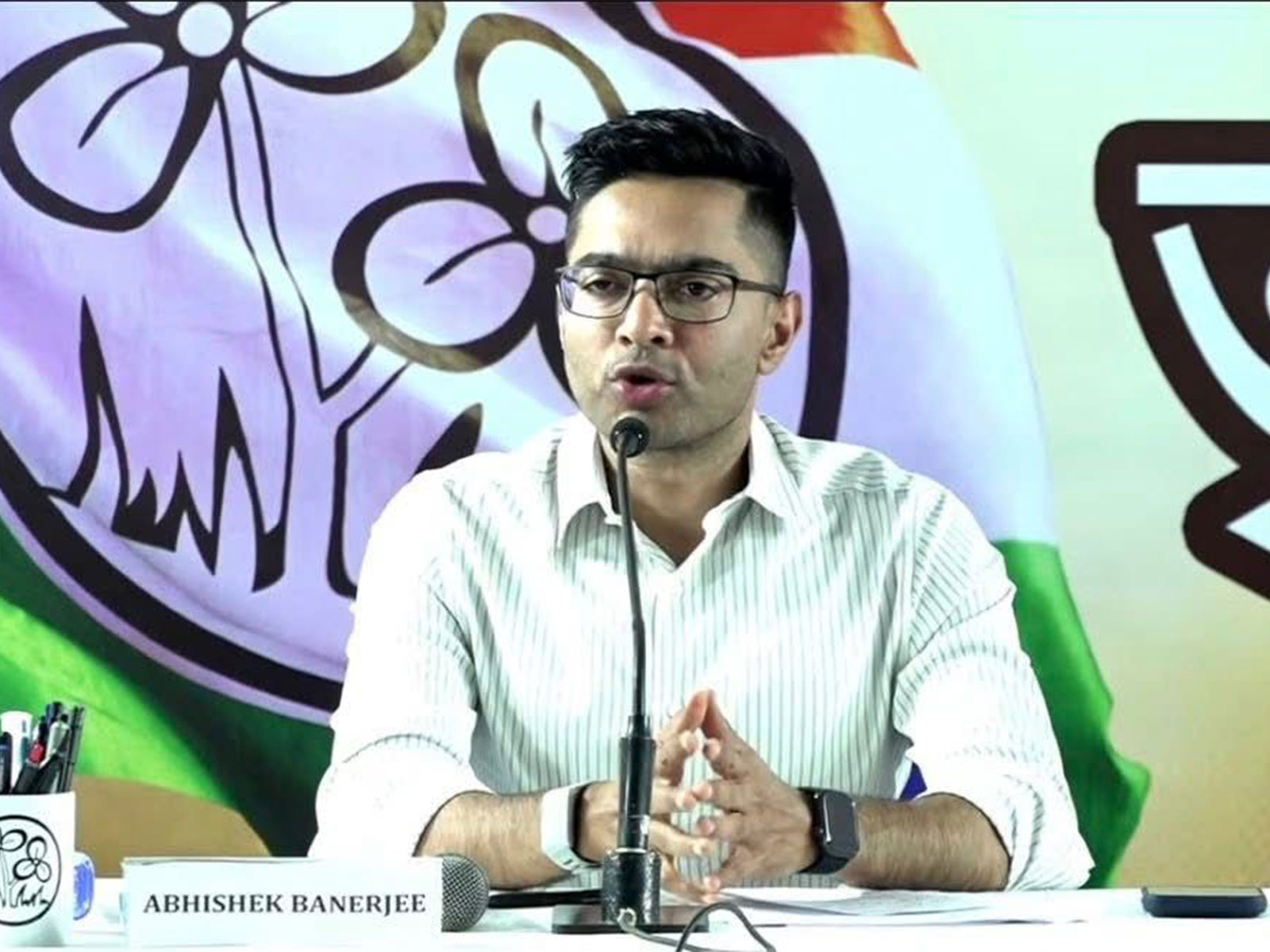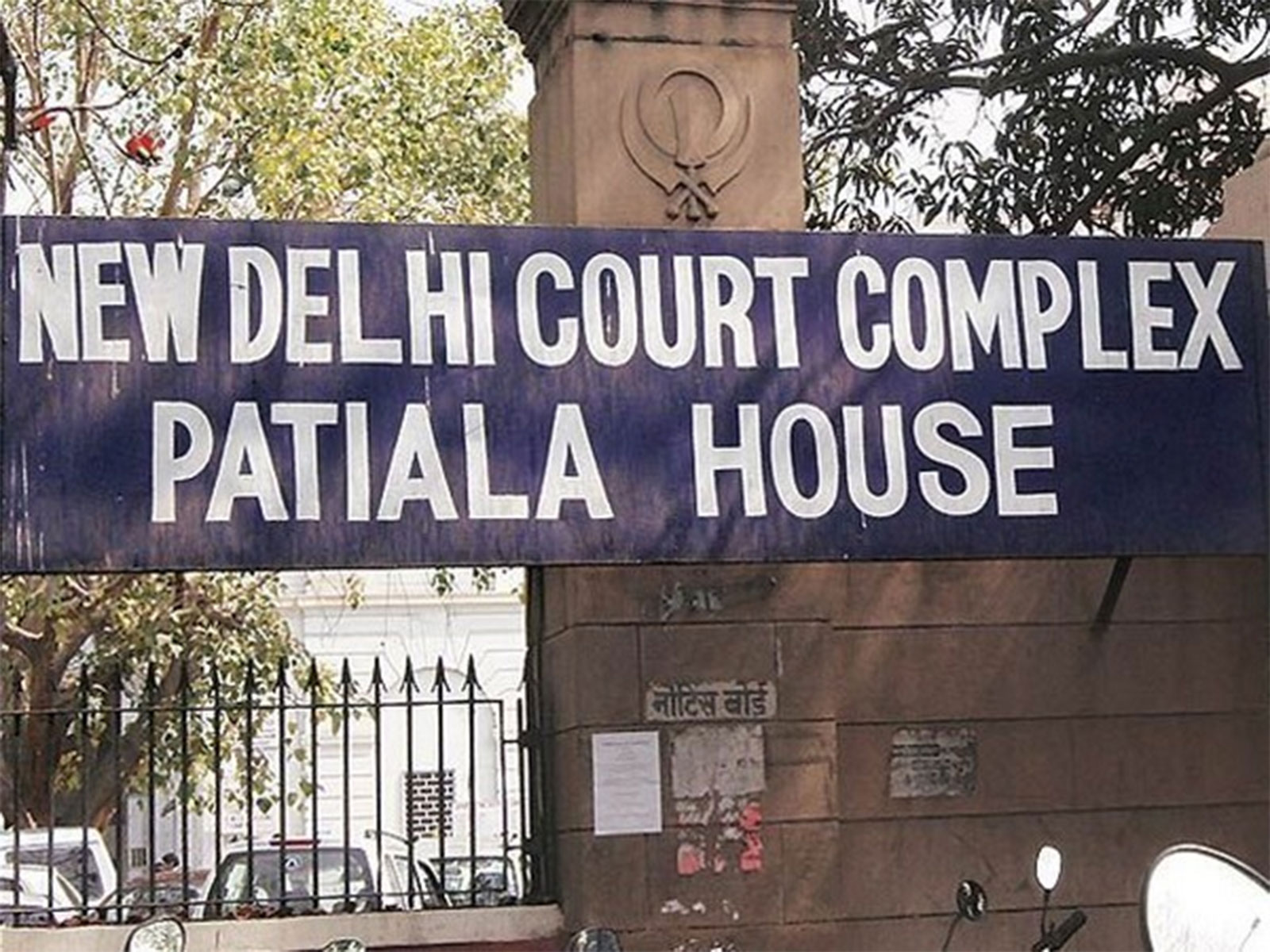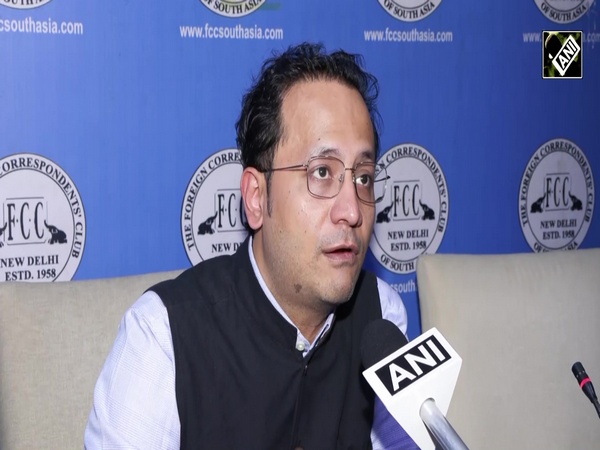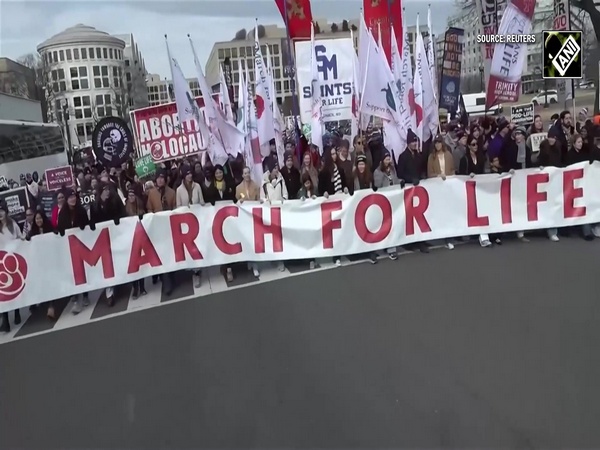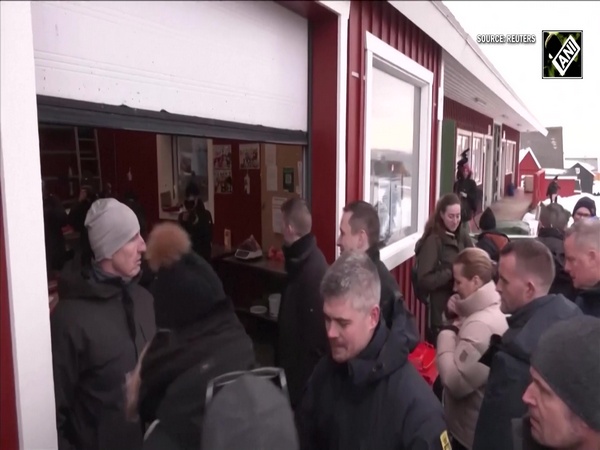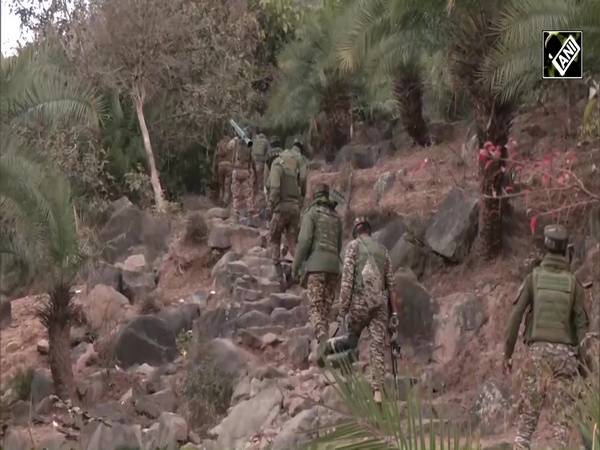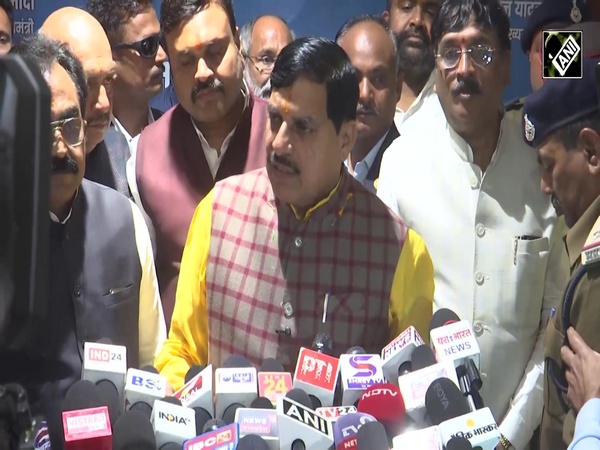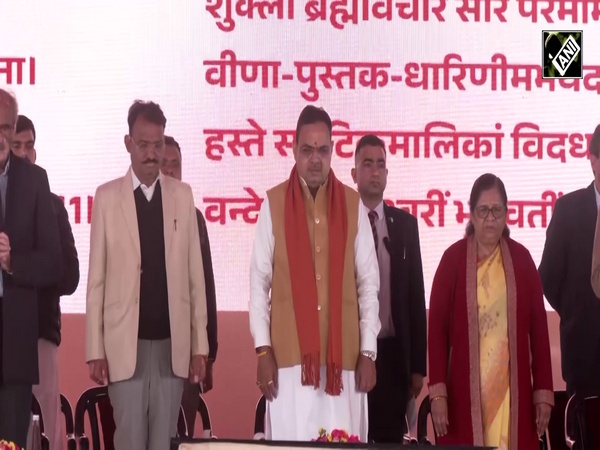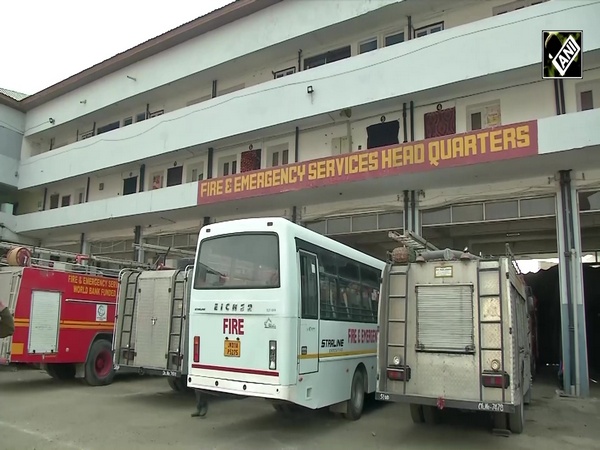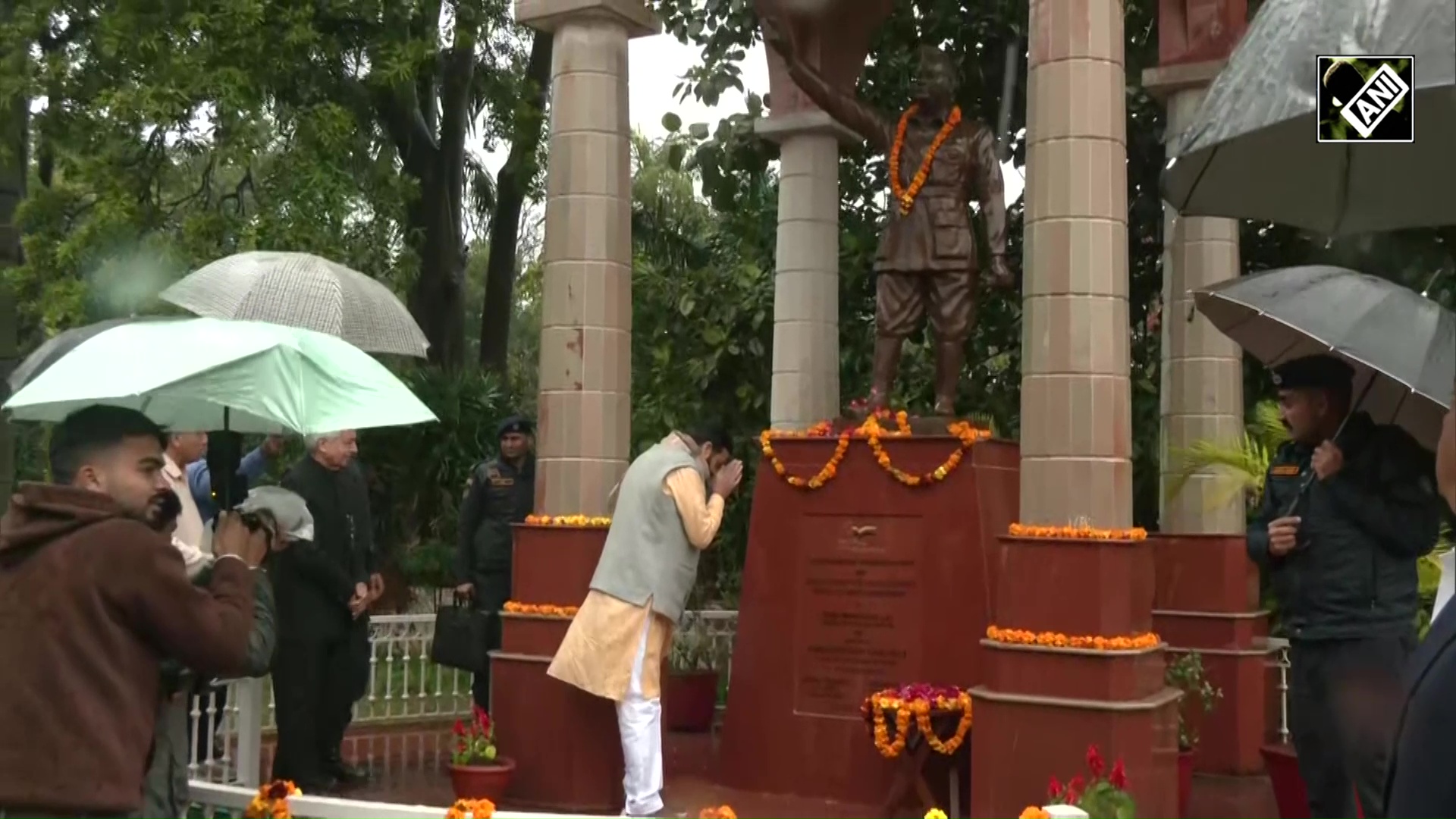Despite a marginal fall HSBC's manufacturing PMI remains well above its long-term average in August
Sep 02, 2024

New Delhi [India], September 2 : India's Manufacturing Purchasing Managers' Index (PMI) saw a slight decline in August, falling to 57.5 from 58.1 in July, according to a report HSBC India Manufacturing PMI.
Despite this reduction, the August PMI remains well above its long-term average of 54.0, indicating a significant improvement in operating conditions.
The report highlighted that Indian manufacturers experienced softer increases in new business and output during August, although the growth rates remained high by historical standards.
"The seasonally adjusted HSBC India Manufacturing Purchasing Managers' Index™ (PMI®) stood at 57.5 in August, below July's reading of 58.1 but above its long-run average of 54.0, signalling a substantial improvement in operating conditions" said the report.
It also noted that the business confidence dipped, yet firms increased their purchasing activity to protect against potential input shortages. This led to a notable rise in pre-production inventories, marking one of the strongest upturns in nearly two decades of data collection.
The key factor supporting this increase in purchasing activity was the moderation in cost pressures, with input price inflation easing to its lowest level in five months. The resilience in demand allowed firms to pass on additional costs to customers, resulting in higher selling prices.
"The Indian manufacturing sector continued to expand in August, although the pace of expansion moderated slightly. New orders and output also mirrored the headline trend, with some panelists citing fierce competition as a reason for slowdown" said Pranjul Bhandari, Chief India Economist at HSBC.
As per the data the new business grew sharply in August, but the pace of expansion slowed to a seven-month low. The increase in business was attributed to factors such as advertising, brand recognition, and healthy demand trends, although competitive conditions tempered growth.
Similarly, new export orders rose at the slowest rate since the beginning of 2024, with one in ten firms reporting improved international sales, particularly in Asia, Africa, Europe, and the US.
The report stated that the moderation in cost pressures provided some relief to goods producers, with purchasing prices rising at the slowest pace in five months. Firms that reported increased costs cited higher prices for leather, minerals, and rubber.
As input cost inflation receded, manufacturers focused on rebuilding safety stocks by purchasing additional raw materials and semi-finished goods, leading to the sharpest growth in input buying since April.
However, the input inventories saw a significant increase in August, reaching one of the highest levels in nearly two decades. The data suggested that the absence of pressure on supplier capacity aided manufacturers' stock-building efforts, with input lead times shortening for the sixth consecutive month.
The backlogs of work remained largely unchanged from July, and job creation softened as some firms reduced headcounts. However, the overall rate of employment growth was solid compared to historical data.
"Job creation softened midway through the second fiscal quarter as a few firms trimmed headcounts" the report added.
The report also added that despite the easing of cost pressures, there was a marked increase in the prices of Indian goods in August. The rate of inflation was the second-fastest in nearly 11 years, with firms passing on additional cost burdens to clients amid strong demand.
